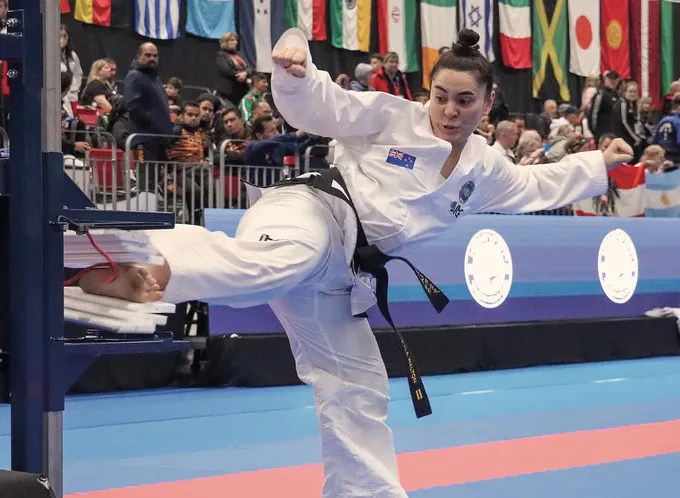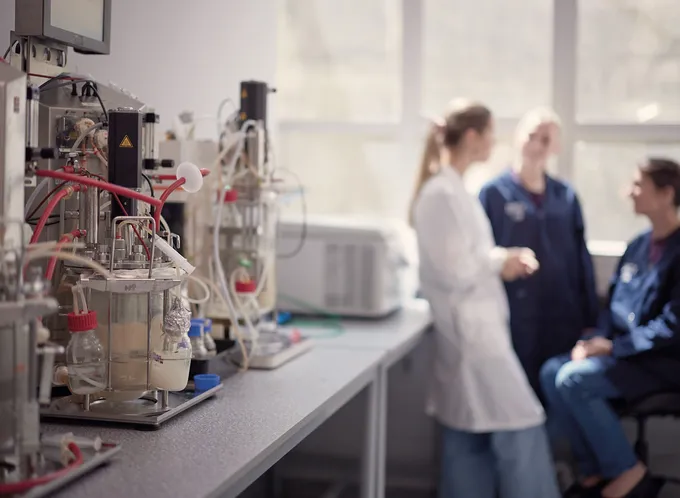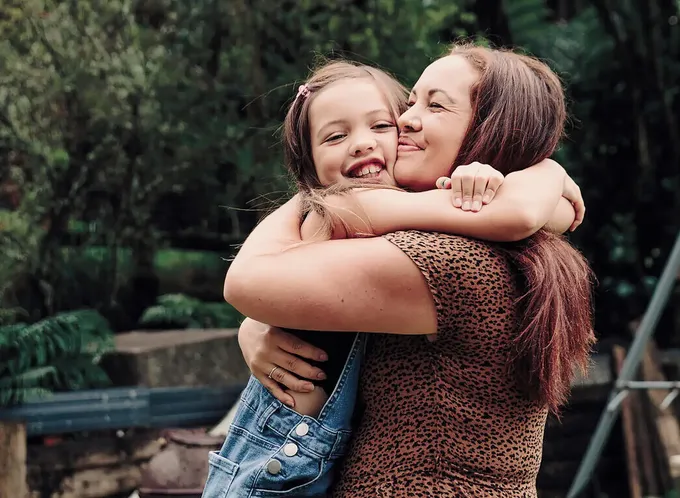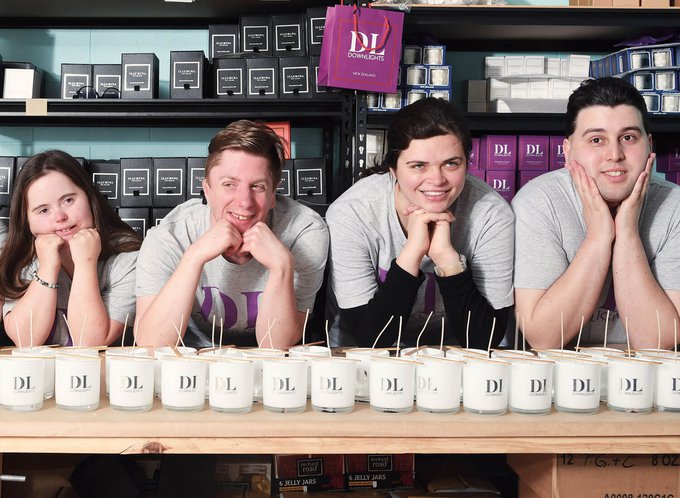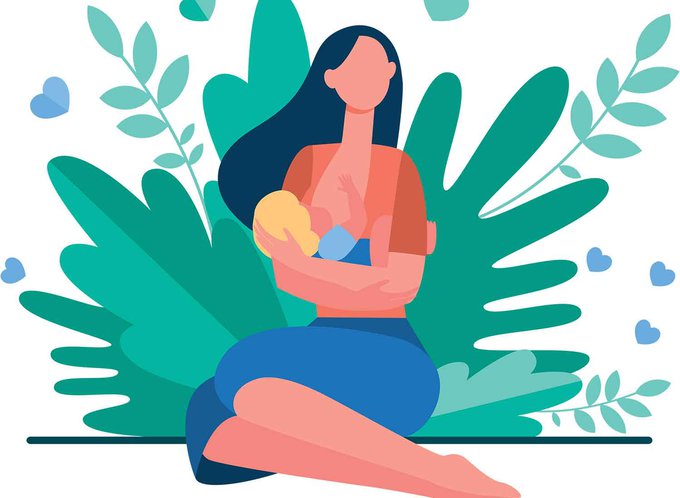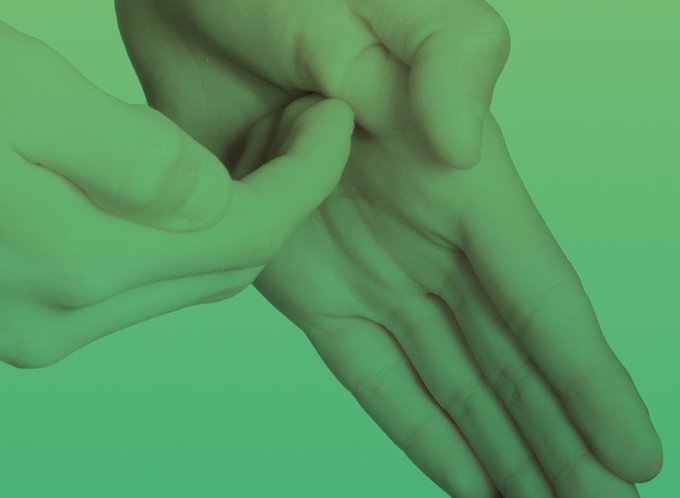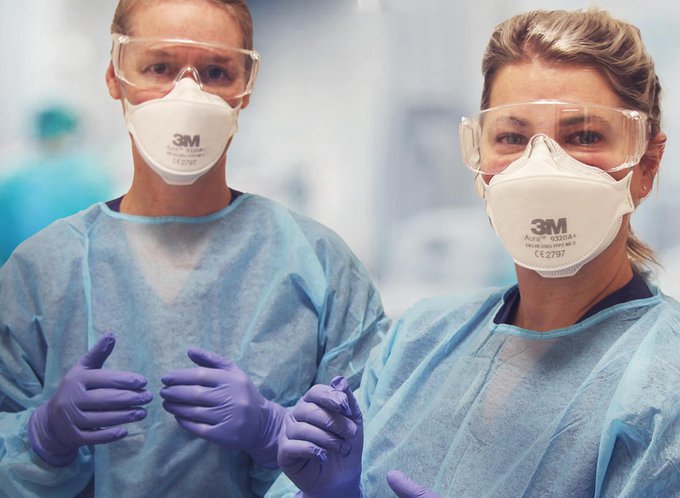With a goal to get kids excited about looking after their teeth, a group of Dunedin academics have created an oral health storybook with a distinct Kiwi spin.
When Professor Jonathan Broadbent set a student assignment for his class at the Otago University School of Dentistry, the results sparked an idea he couldn’t shake. The project was to create educational resources on oral health, and when one of the students came up with a kids’ book, the dad of four was so impressed he took it home for his own children’s storytime.
“In reading that book to my children, I realised that we need more oral health stories that are readily available, relevant for an audience of New Zealand children and positive instead of being slightly scary or negative in tone.”
Alongside colleagues Kura Lacey-Brooks, Samuel Carrington and Kate Morgaine, the group set to work penning their own creation.
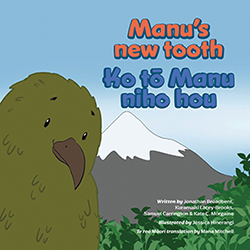
With te reo Māori translator Mana Mitchell and artist Jessica Hinerangi onboard, along with support from the MAS Foundation, Manu’s new tooth / Ko tō Manu niho hou finally came to life.
Now in the final stages of production before being sent to early childhood centres and kōhanga reo around the country, the book has been a labour of love.
“I think we did about 120 iterations,” laughs dentist and lecturer in hauora Māori Kura Lacey-Brooks. “For me, it was really important that whānau Māori could see themselves reflected in the book. It’s about offering whānau advice to support good oral health for their children in a way that is strengths-based and encouraging.”
Tick of approval from tots
With the main character a kea and illustrations that are unmistakably from Aotearoa, each element is carefully designed to resonate with Kiwi families.
As part of their research, the group consulted with health promoters and early childhood educators, but the most invaluable feedback came from watching the book being read aloud to a group of entranced preschoolers.
“Seeing the first-hand reaction from the kids was great,” says Kura. “We could see where they were really engaging with it and shouting answers back to the teacher as well as the pages where we might have lost them a little. Being part of that process was really helpful.”
But of course, it had to be written in a way that was palatable for adults too. “We know parents read to their children before the child is old enough to take it all in, so partly it serves as a prompt to the parent or caregiver to talk about oral health with the child or to brush their teeth or watch their diet,” says Jonathan.
“As part of our whānau ora approach, we’re not only aiming to get the kids involved but also the parents or guardians, grandparents, aunties and uncles,” says Kura. “Connecting with whānau Māori is a key part of the project, which in turn will hopefully help to address oral health inequities in that population group.”
Support from the MAS Foundation allowed the project founders to engage with an artist, cover a round of printing costs and have the story translated into te reo Māori and a range of Pacific languages. With a goal to make it as accessible as possible, Manu’s new tooth will be published online as a public resource that can be downloaded for free.
“Working with a reo Māori translator and a Māori artist has been one of the most rewarding parts of the process,” says Kura. “The imagery and the language makes this a book that I feel really excited to read to my daughter.
“In the story, the mother has a moko kauae and the maunga looks like Mount Taranaki, which is part of my whānau whakapapa. So it’s almost like I’m reading my daughter’s whakapapa too and sharing that with her. I’ve never come across another oral health book that has that.”
Manu’s new tooth / Ko tō Manu niho hou is proudly supported by the MAS Foundation
Head of Foundation Mafi Funaki-Tahifote says, “The project aligns with our MAS Foundation value that embraces the Samoan proverb E fofō e le alamea le alamea (let the issues within the communities be resolved by those in the communities).
“The narrative of the pukapuka comes directly from the community it is aiming to reach, our tamariki and whānau, which will ensure strengthened engagement and uptake of the oral health advice being shared” says Julie Wharewera-Mika (Head of Foundation).
Know someone who might enjoy this?
Read this next
-
November 2023
Taking on the world in taekwon-do
-
November 2023
The fridge and beyond
-
November 2023
Old wisdom, new science
-
November 2023
MAS measures its carbon footprint with Toitū Envirocare
Greater good
See all-
March 2021
Candles for a cause
-
March 2021
Helping Kiwi babies thrive
-
March 2021
Creating a Deaf-inclusive Aotearoa
